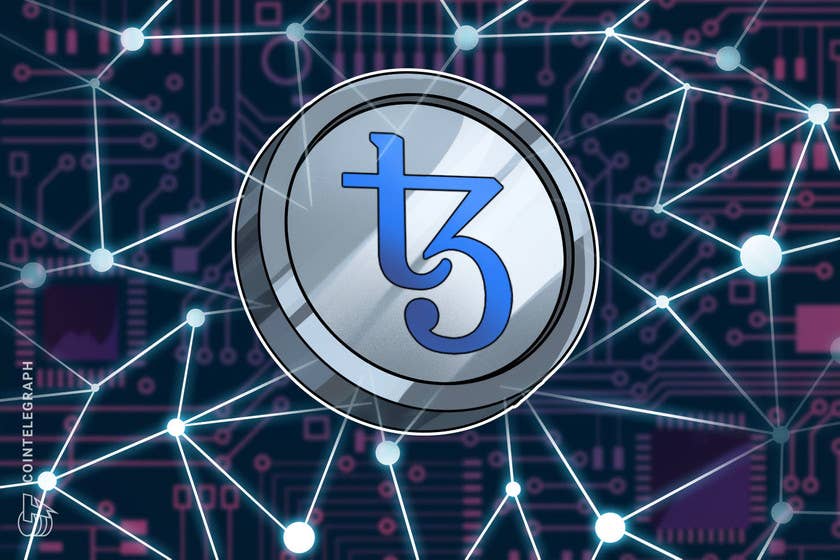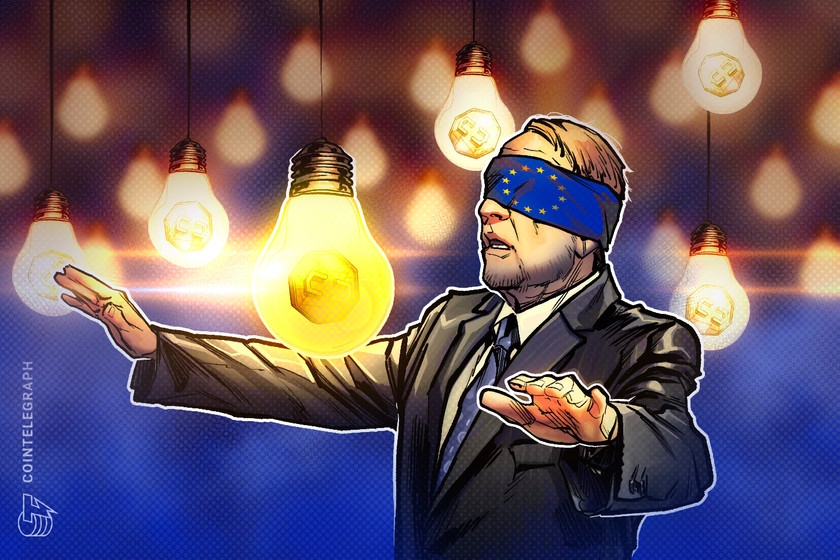Third parties could return FTX funds directly to customers: Law firm
According to Louise Abbott, FTX users could claim in court that assets “remained their property at all times” and could be treated separately from bankruptcy proceedings.
295 Total views
2 Total shares

Own this piece of crypto history
Collect this article as NFT
More than one million creditors of failed crypto exchange FTX have been waiting to be made whole since before the firm’s bankruptcy filing on Nov. 11, but according to one expert, recipients of donations and contributions may have a legal means of returning the funds directly to investors and customers.
Louise Abbott, a partner at United Kingdom-based firm Keystone Law, told Cointelegraph it was “extremely unlikely” FTX would have a legal leg to stand on in its demands for the voluntary return of political campaign donations, grants, and other contributions the firm made prior to its bankruptcy. However, many individuals and organizations — likely the result of public scrutiny — have already returned or pledged to return an estimated $6.6 million to FTX, a fraction of the millions the company sent in less tumultuous times.
“In law, the investors’ claims will be against the FTX trading entity, and/or those responsible for the fraud,” said Abbott. “It does not, as matter of general course, extend to claims against those who donated funds, unless one can in some way be proved that they were implicit in the fraud, which is doubtful.”
Among the funds not returned were a reported $5.2 million from U.S. President Joe Biden’s 2020 presidential campaign, though many lawmakers have announced they already sent back contributions to FTX amid the firm’s collapse. According to Abbott, these refunds were less likely to be about responding to potential legal action, but firms and individuals distancing themselves from the scandal, and “wanting to be seen to do the right thing.”
The majority of contributions are outside of FTX’s bankruptcy proceedings, currently in the early stages and not guaranteed to make all investors or users whole. Though former CEO Sam Bankman-Fried has suggested on more than one occasion that he planned “to do right by customers,” he largely has no role in bankruptcy court, and instead faces charges from the U.S. Justice Department, Securities and Exchange Commission, and Commodity Futures Trading Commission.
Gurbir Grewal: We commend our law enforcement partners for securing the arrest of Sam Bankman-Fried on federal criminal charges. The SEC has authorized separate charges relating to his violations of securities laws, to be filed publicly tomorrow in SDNY. https://t.co/ON0LgY4mf4
— U.S. Securities and Exchange Commission (@SECGov) December 13, 2022
Abbott said it was possible that third parties who had received FTX donations could be compelled to return them directly to users, as investigations revealed the firm used customer assets to fund investments through Alameda Research — a likely violation of the platform’s terms and conditions. According to the legal expert, this would mean users could claim in court that assets “remained their property at all times” and could be treated separately from bankruptcy proceedings:
“Such assets caught within these terms are not assets belonging to the company, and so the Liquidator has no legal right to collate them as company assets. Those are assets belonging to the respective investors.”
Related: ‘You can commit fraud in shorts and T-shirts in the sun,’ says SDNY attorney on SBF indictment
Bankman-Fried was handed over from authorities in The Bahamas into U.S. custody on Dec. 21, having been detained in the island nation since Dec. 12. Alameda Research CEO Caroline Ellison and FTX co-founder Gary Wang have also been hit with charges related to defrauding investors, but Ellison has struck a deal with the U.S. Attorney’s Office for the Southern District of New York in exchange for the complete disclosure of certain information and documents, possibly in an attempt to bolster the case against Bankman-Fried.









